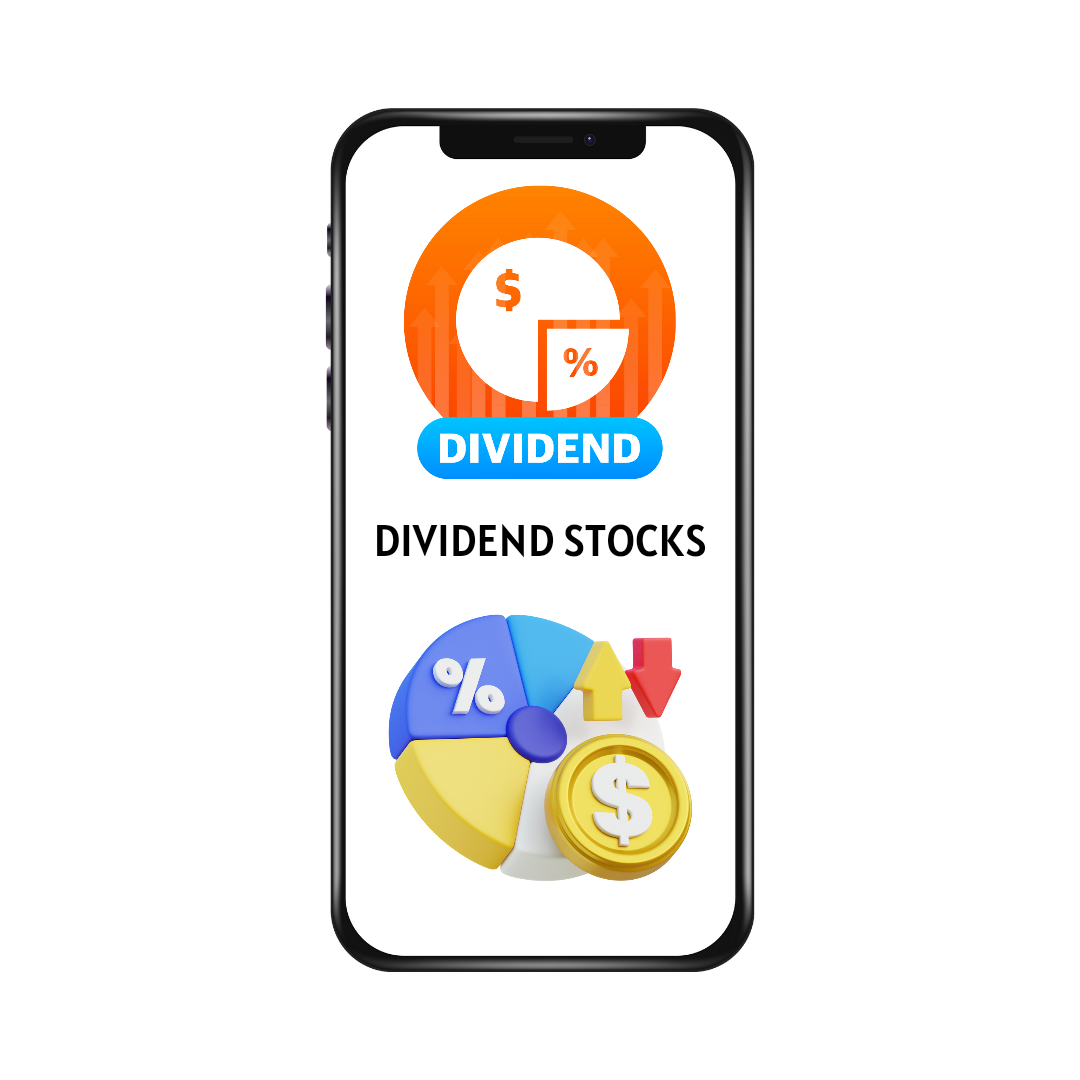Bond futures are standardized contracts that obligate the buyer to purchase, and the seller to deliver, a specified bond at a predetermined price on a future date. These financial derivatives are traded on exchanges and are primarily used for hedging interest rate risk or speculating on future changes in bond prices.
By locking in prices, investors can protect their portfolios from adverse price movements in the bond market. Bond futures are typically based on government bonds, and their pricing reflects market expectations of future interest rates and economic conditions.
Understanding Bond Futures:
- Contract Specifications: A bond futures contract typically specifies the underlying bond, the contract size (number of bonds), the expiration date, and the settlement method (cash or physical delivery).
- Underlying Assets: Most bond futures are based on government securities, such as U.S. Treasury bonds or Indian Government Securities (G-Secs). Each contract corresponds to a specific type and maturity of bond.
- Standardization: Bond futures are standardized to facilitate trading on futures exchanges, allowing for greater liquidity and easier price discovery.
Mechanics of Bond Futures:
- Trading: Bond futures can be traded on futures exchanges, such as the Chicago Board of Trade (CBOT) for U.S. Treasury futures or the National Commodity & Derivatives Exchange (NCDEX) for Indian bond futures.
- Margin Requirements: Investors are required to maintain a margin account with the exchange. This involves depositing a percentage of the contract value as collateral, which serves as a guarantee against potential losses.
- Mark-to-Market: Futures contracts are marked to market daily, meaning profits and losses are settled at the end of each trading day. This system helps manage credit risk by ensuring that all parties maintain sufficient collateral.
- Settlement: At expiration, bond futures can be settled in two ways:
- Physical Delivery: The seller delivers the underlying bonds to the buyer.
- Cash Settlement: The difference between the contract price and the current market price of the bonds is paid in cash.
Benefits of Bond Futures:
- Hedging Interest Rate Risk: Investors can use bond futures to hedge against fluctuations in interest rates. For example, if an investor holds a portfolio of bonds and expects interest rates to rise, they can sell bond futures to offset potential losses in their bond holdings.
- Leverage: Bond futures allow investors to control a larger position with a relatively small initial investment, as only a margin is required to enter a position. This leverage can amplify returns but also increases risk.
- Speculation: Traders can take positions in bond futures to profit from anticipated changes in interest rates or bond prices without having to own the underlying bonds.
- Liquidity and Price Discovery: Bond futures markets are typically liquid, providing investors with the ability to enter and exit positions quickly. The standardized nature of the contracts also enhances price transparency.
Risks Associated with Bond Futures:
- Market Risk: The primary risk associated with bond futures is market risk, as changes in interest rates can lead to significant losses. If rates rise, the price of the underlying bonds typically falls, potentially resulting in losses for futures positions.
- Leverage Risk: While leverage can amplify profits, it also magnifies losses. Investors can lose more than their initial margin deposit if the market moves against their position.
- Liquidity Risk: Although bond futures are generally liquid, there may be times when it is difficult to exit a position quickly without incurring significant losses.
- Counterparty Risk: Although futures exchanges mitigate this risk through margining and daily settlements, there is still a possibility of counterparty default, especially in less liquid markets.
Applications of Bond Futures:
- Institutional Use: Many institutional investors, such as pension funds and insurance companies, use bond futures to manage their portfolios and hedge against interest rate risk.
- Arbitrage Opportunities: Traders can exploit pricing discrepancies between bond futures and the underlying cash bond market, engaging in arbitrage strategies to generate profits.
- Portfolio Management: Fund managers may use bond futures to adjust the duration of their portfolios quickly, allowing them to respond to changing market conditions without buying or selling physical bonds.
Example of Bond Futures in Practice:
Assume an investor holds a portfolio of government bonds and anticipates an increase in interest rates, which would lead to a decline in bond prices. To hedge this risk, the investor could sell bond futures contracts corresponding to their bond holdings.
- Current Price of Futures: ₹100 per contract.
- Investor sells 10 futures contracts.
If interest rates rise and the futures price falls to ₹95, the investor could buy back the contracts at a lower price, realizing a profit. This profit would help offset the losses incurred in the bond portfolio due to the rise in interest rates.
Key Takeaways:
- Bond futures are valuable tools for managing interest rate risk, providing opportunities for hedging and speculation.
- They are standardized contracts traded on futures exchanges, allowing for efficient price discovery and liquidity.
- While they offer several advantages, including leverage and flexibility, they also carry inherent risks that investors must consider.
Conclusion:
Bond futures play a significant role in the financial markets by providing a mechanism for hedging interest rate risk and facilitating speculation on bond price movements. Investors can effectively use these instruments to manage their bond portfolios and respond to changing market conditions. However, understanding the associated risks and market dynamics is essential for successful trading and risk management in bond futures.






